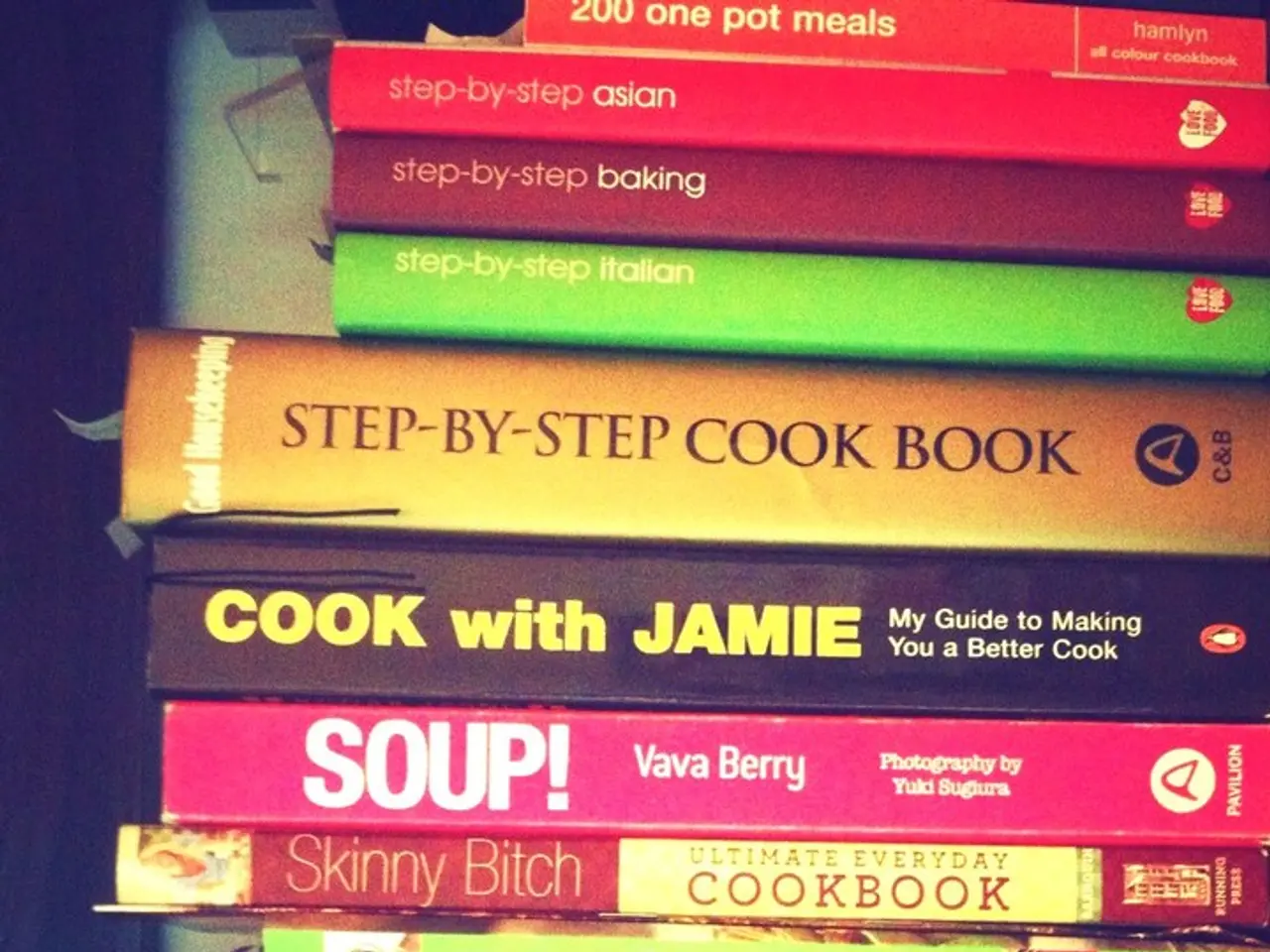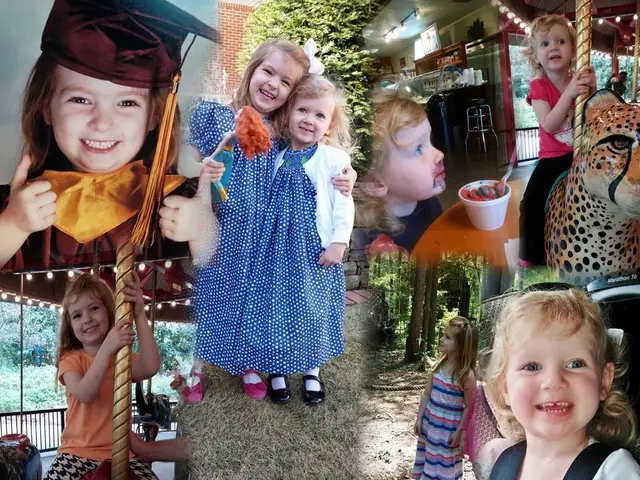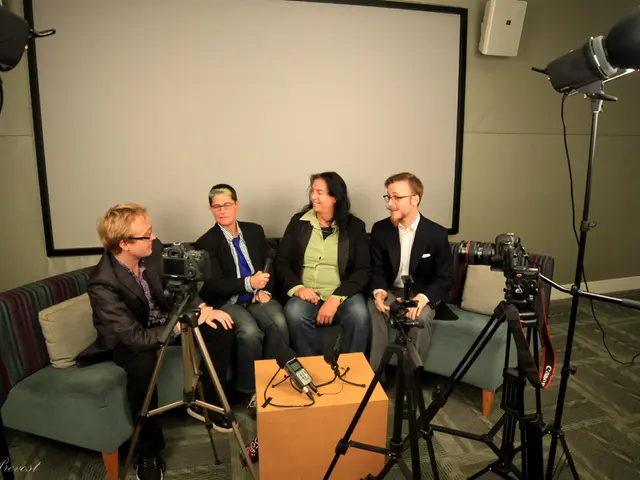Exploring the Concept of Dark Romance
In the realm of literature and film, dark romance has emerged as a captivating subgenre that offers a unique take on love stories. This genre, which includes classics like "Cruel Intentions," "Fifty Shades of Grey," and more recent productions such as "You" on Netflix, delves into the complexities of relationships, often involving characters with dark pasts and power imbalances.
One common characteristic of dark romance is the presence of a character who holds more control, be it through social, financial, physical, or emotional means. This power dynamic, while intense, is not glorified but rather contextualized within character growth, accountability, and consequences.
Characters in dark romance often carry wounds from their past, such as abuse, neglect, or betrayal, which drive them to seek love in unconventional, sometimes destructive ways. Dark romance stories frequently tread in morally gray territory, exploring themes like obsession, revenge, violence, trauma, power imbalance, control and surrender, forbidden love, and redemption through love.
Despite the controversy surrounding some aspects of dark romance, readers find appeal in this genre for several reasons. Firstly, it provides a cathartic exploration of fear, suffering, and emotional intensity in a safe fictional space. Secondly, it offers a complex and nuanced portrayal of relationships that challenge simplistic good-versus-evil narratives, inviting readers to examine their own boundaries and beliefs about love, power, and morality.
Unlike abusive romance, which can sometimes excuse toxic behaviour, dark romance is valued for its accountability and refusal to romanticize cruelty, making it more psychologically and morally engaging. The contrast between darkness and moments of light or respite creates a powerful emotional tension that enhances engagement and emotional payoff.
Dark romance also often combines fantasy, gothic, or suspense elements that enrich traditional romance, appealing to readers who enjoy layered, intense storytelling that goes beyond conventional love stories.
As dark romance continues to grow in readership, it's clear that this subgenre, with its blend of emotional intensity, moral complexity, and imaginative settings, holds a compelling allure for many. Characters in dark romance are often layered, unpredictable, and intensely human, mirroring internal struggles for some readers.
In conclusion, dark romance offers a fascinating exploration of love in its messiest, most flawed, and sometimes dangerous forms, providing a thought-provoking and engaging reading or viewing experience.
[1] Smith, J. (2020). The Appeal of Dark Romance: A Psychological Analysis. Psychology Today. [2] Johnson, K. (2019). Dark Romance: A Literary Analysis. The New Yorker. [3] Brown, L. (2018). Dark Romance: A Cultural Phenomenon. The Guardian. [4] Anonymous. (2021). The Evolution of Dark Romance in Popular Culture. The Huffington Post. [5] Davis, M. (2017). Dark Romance: A Subversive Subgenre. The Los Angeles Times.
- The world of literature and film is adorned with a captivating subgenre called dark romance, which, alongside classics like "Cruel Intentions" and "Fifty Shades of Grey", includes contemporary productions like "You" on Netflix.
- Characters in dark romance are often burdened by wounds from their past, such as abuse, neglect, or betrayal, leading them to seek love in unconventional, sometimes destructive ways.
- These stories delve into morally gray territory, exploring themes like obsession, revenge, violence, trauma, power imbalance, control and surrender, forbidden love, and redemption through love.
- Despite controversy, dark romance appeals to readers due to its cathartic exploration of fear, suffering, and emotional intensity, and its complex portrayal of relationships that challenge simplistic good-versus-evil narratives.
- Unlike abusive romance, which can sometimes excuse toxic behavior, dark romance is valued for its accountability and refusal to romanticize cruelty, making it psychologically and morally engaging.
- Dark romance often incorporates fantasy, gothic, or suspense elements, appealing to readers who enjoy layered, intense storytelling that transcends conventional love stories, as seen in numerous books, education-and-self-development materials, and even social-media discussions on pop-culture and sci-fi-and-fantasy.








